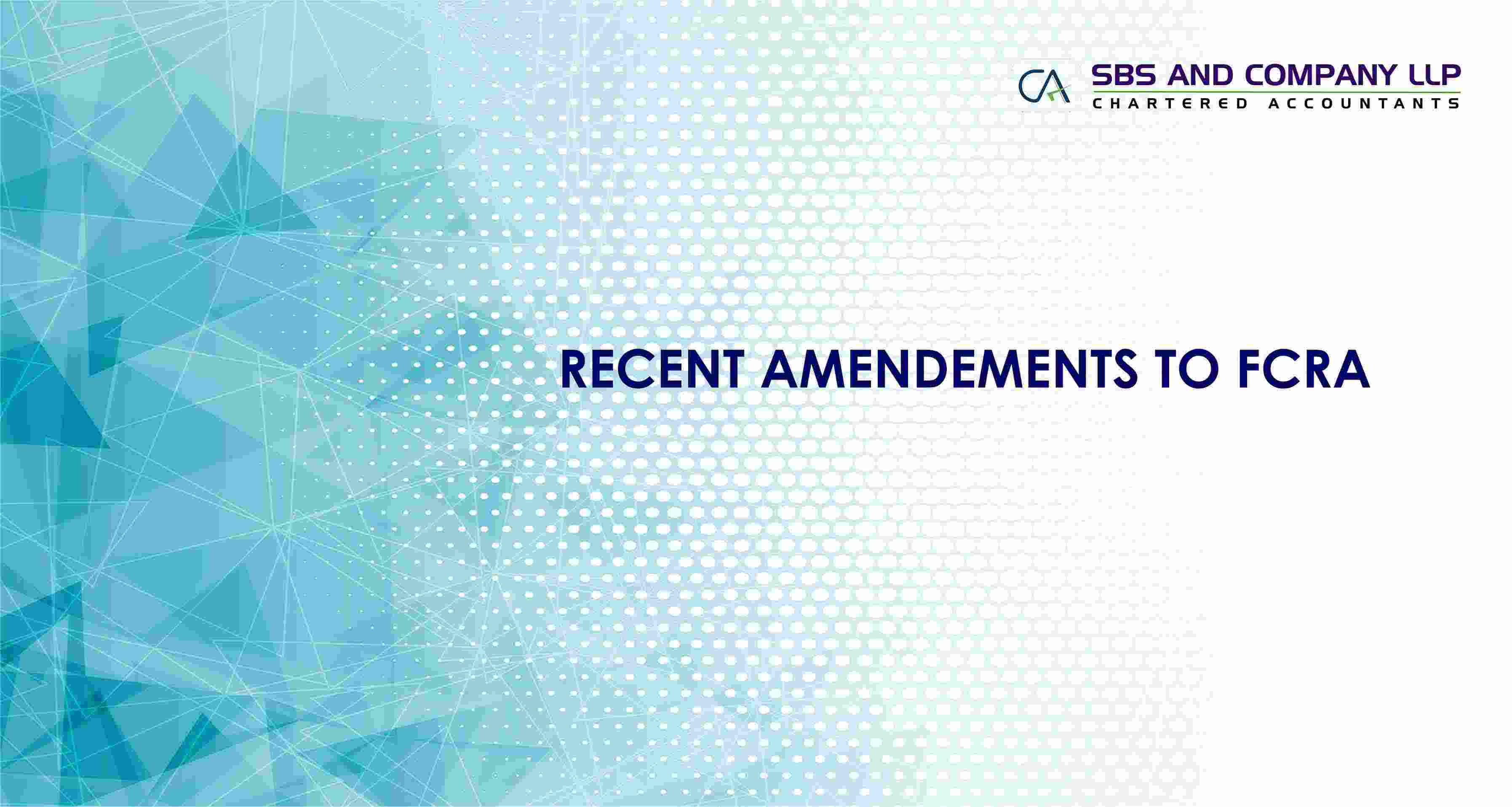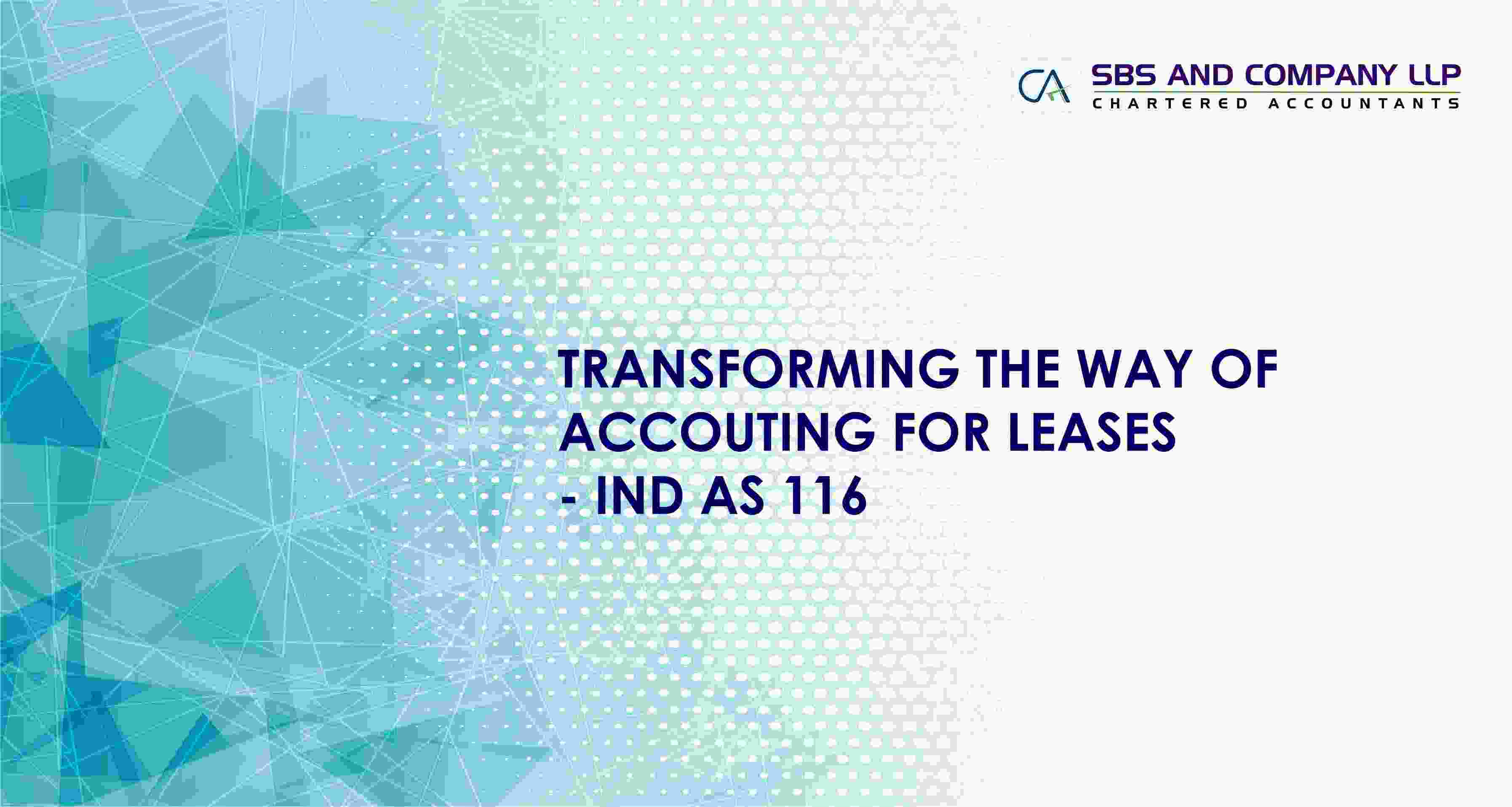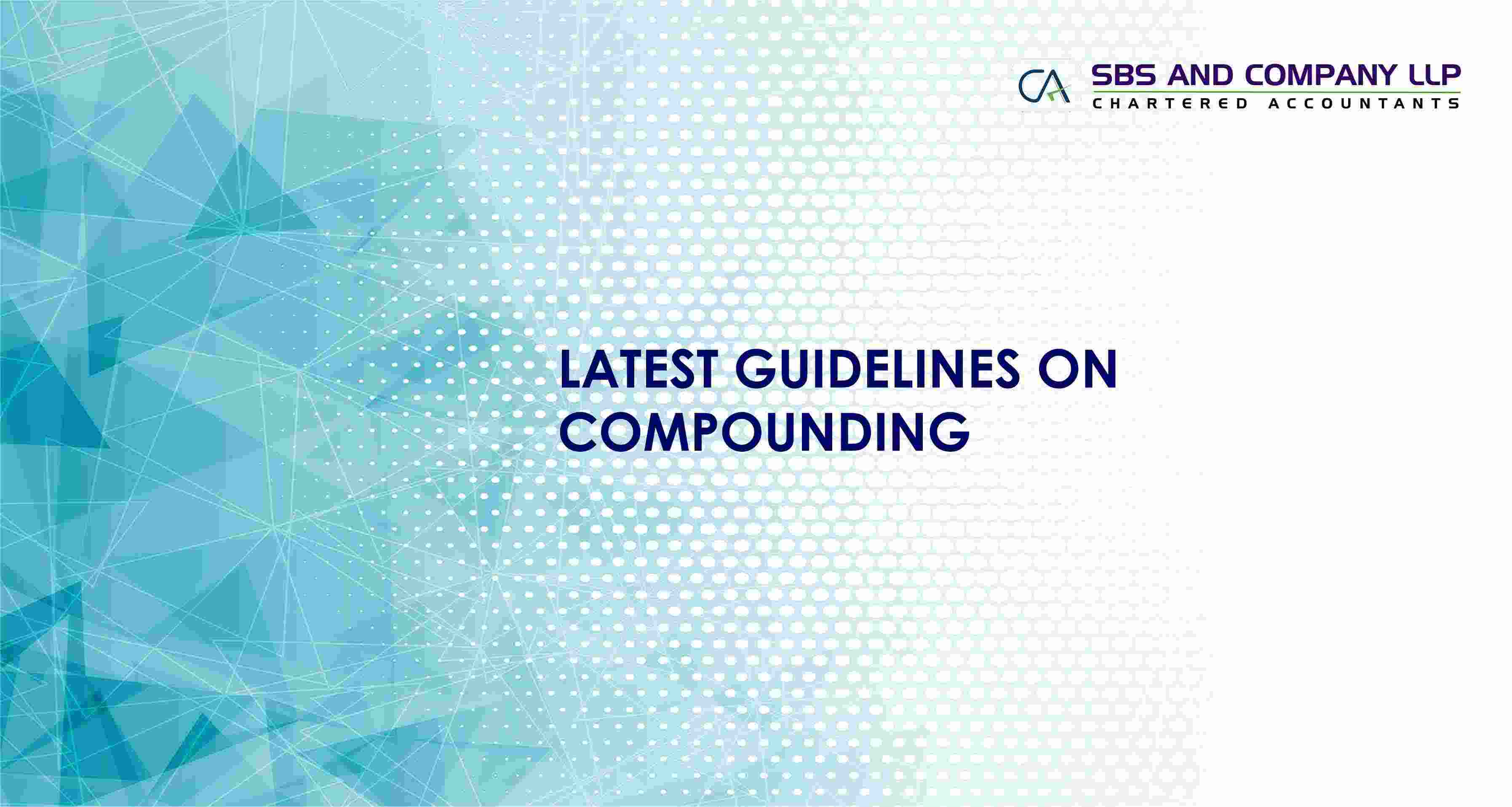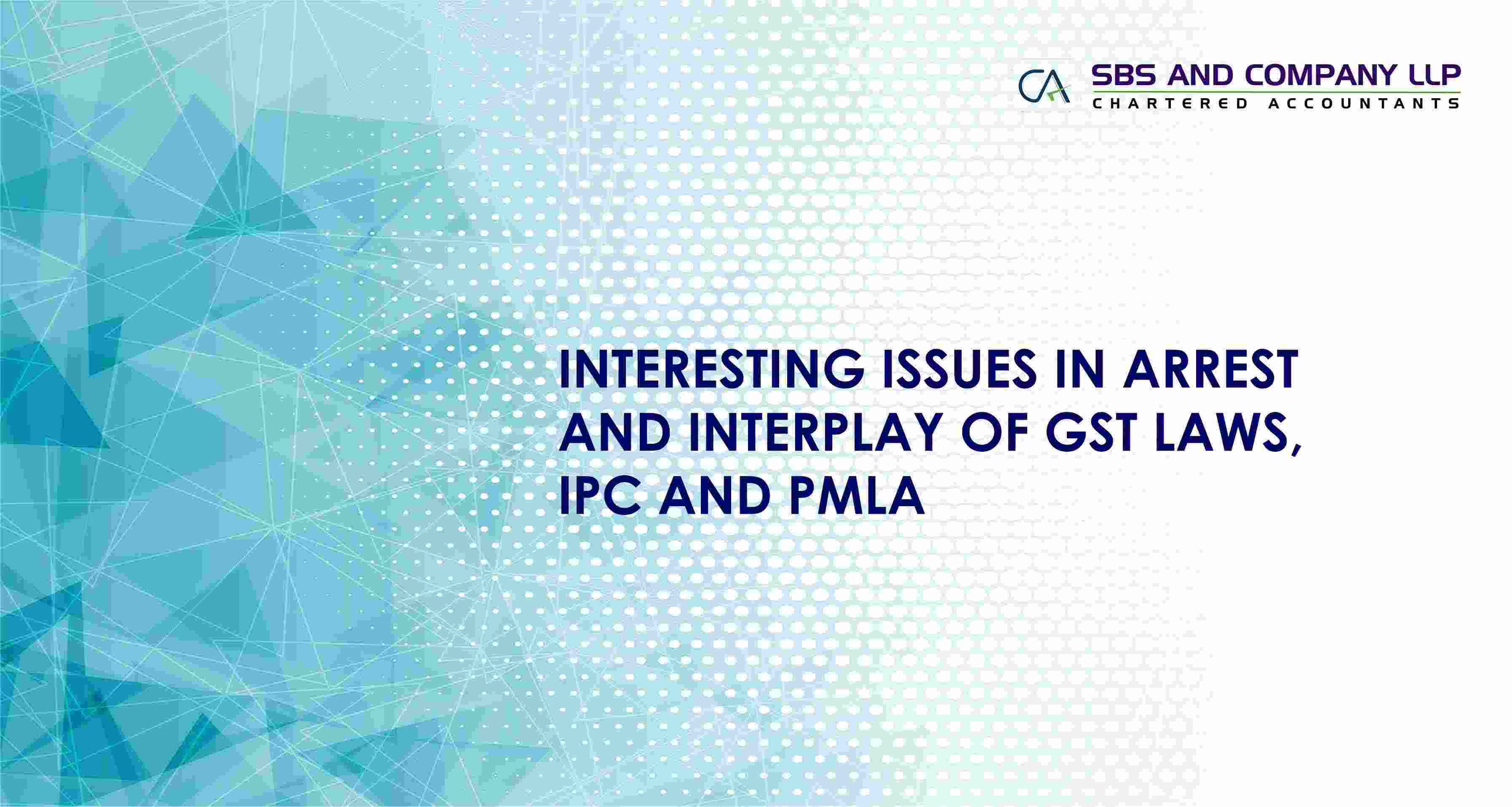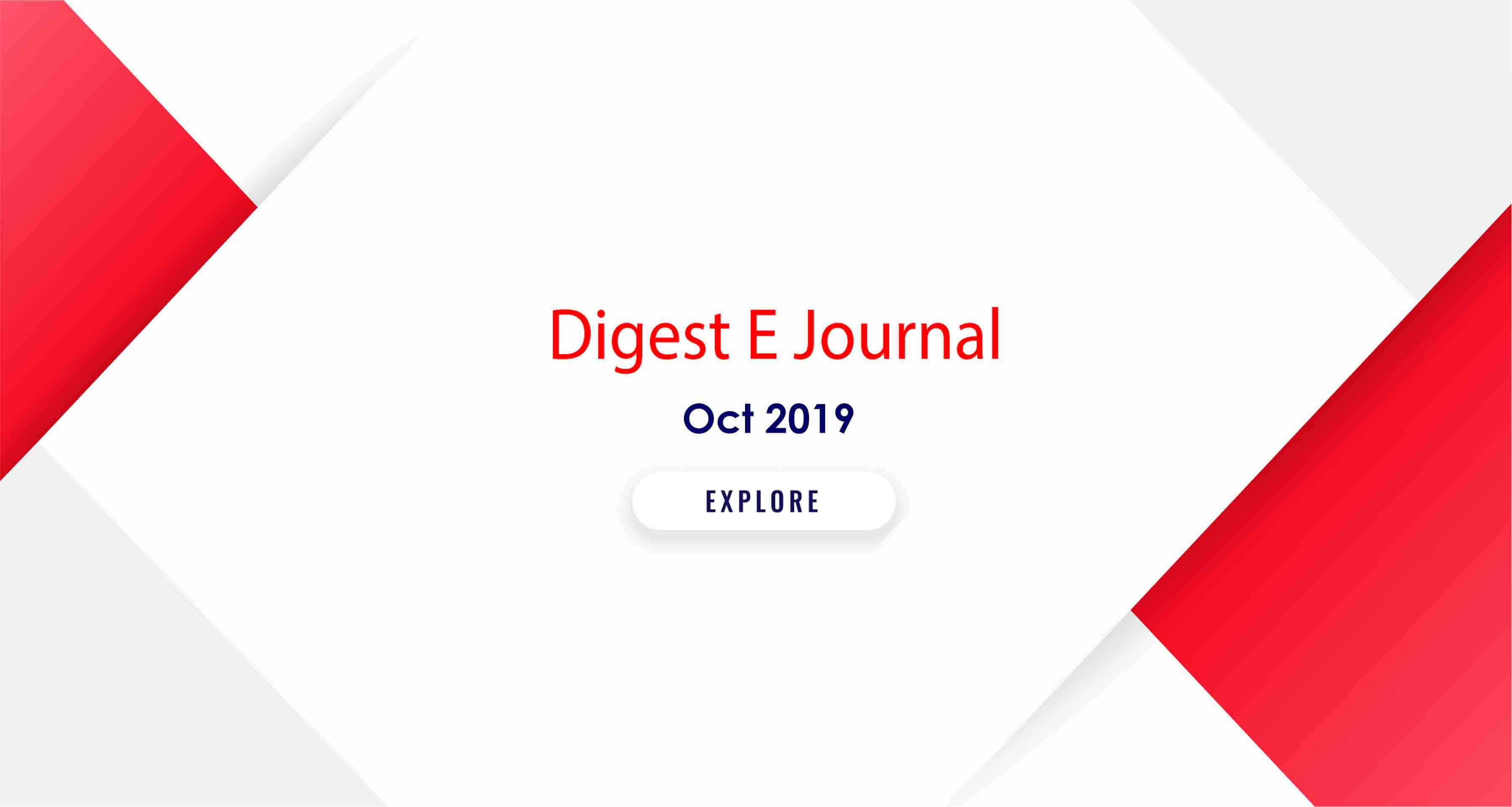Foreign Contribution Regulation Act, 2010 (‘FCRA’) got the assent of the Honourable President on 27th September 2010 and came into force with effect from 11th May 2011. By virtue of this, the earlier Foreign Contribution Regulation Act, 1976 got repealed. The preamble to the current act states that it is an act to consolidate the law to regulate the acceptance and utilisation of foreign contribution or foreign hospitality by certain individuals or associations or companies and to prohibit the acceptance and utilisation of foreign contribution or foreign hospitality for any activities detrimental to the national interest and for matters connected therewith or incidental thereto. The Ministry of Home Affairs, Government of India administers the Act, as it involves safeguarding national security.
The Central Government (‘CG’) vide Notification G.S.R. 349(E), dated 29th April 2011 notified Foreign Contribution Regulation Rules, 2011 (‘FCRR’). To bring in more transparency and better governance, FCRR were amended subsequently in the year 2012 vide G.S.R. 292 (E), dated 12th April 2012 and in the year 2015 vide G.S.R. 966(E), dated 14th December 2015. Most recently, FCRR were amended in 2019 vide G.S.R.199(E), dated 7th March 2019.
Read more: Foreign Contribution Regulation Act - Recent Amendments


